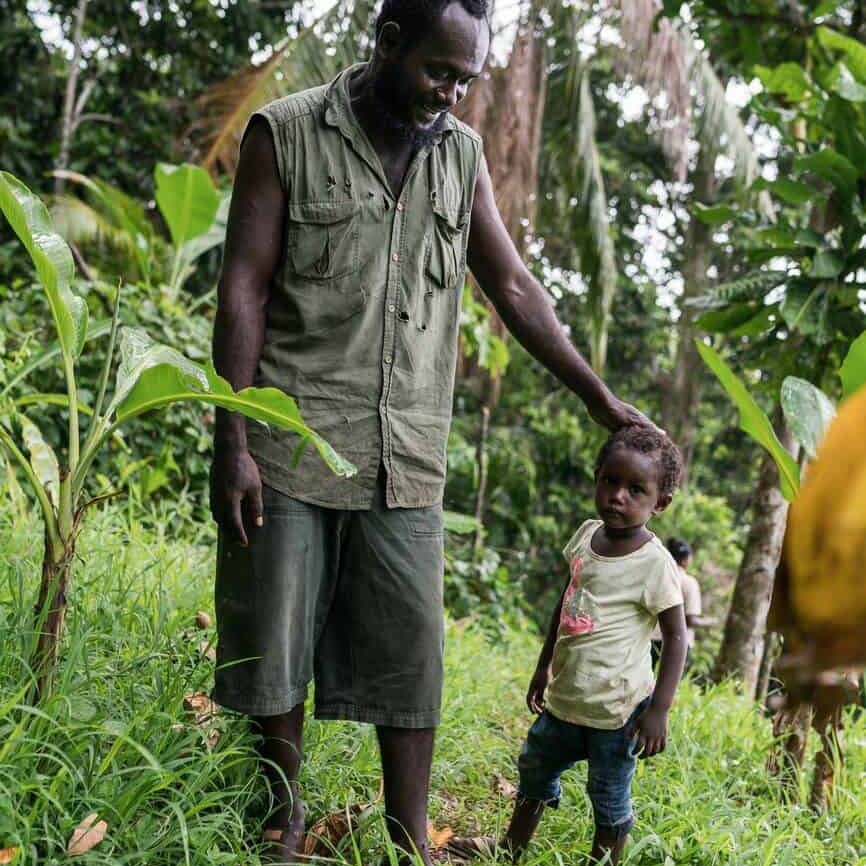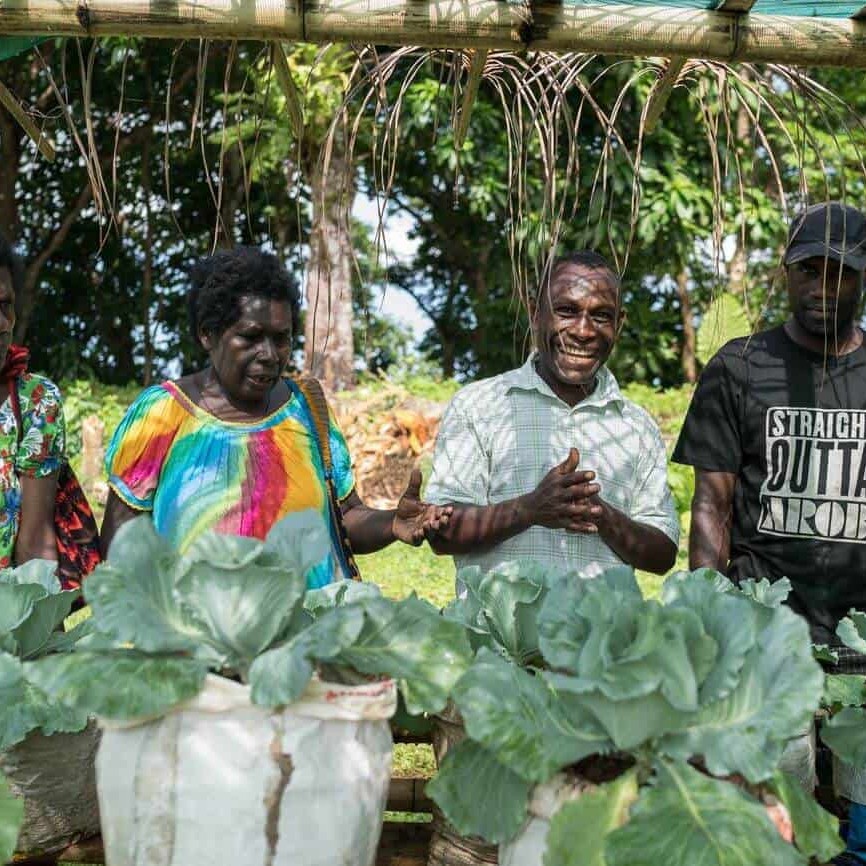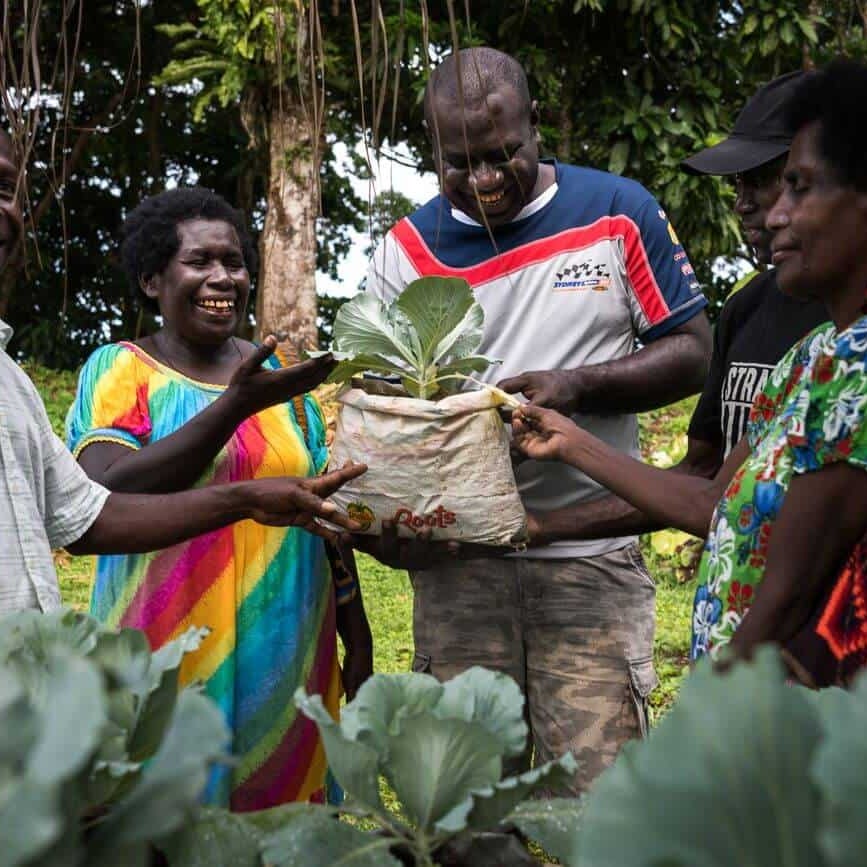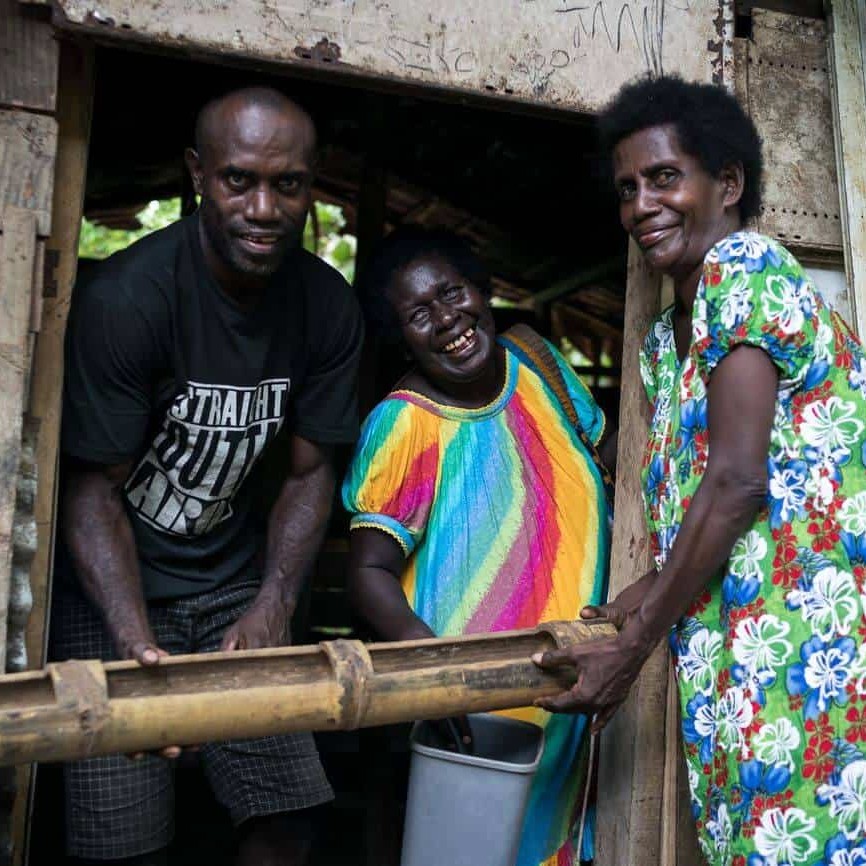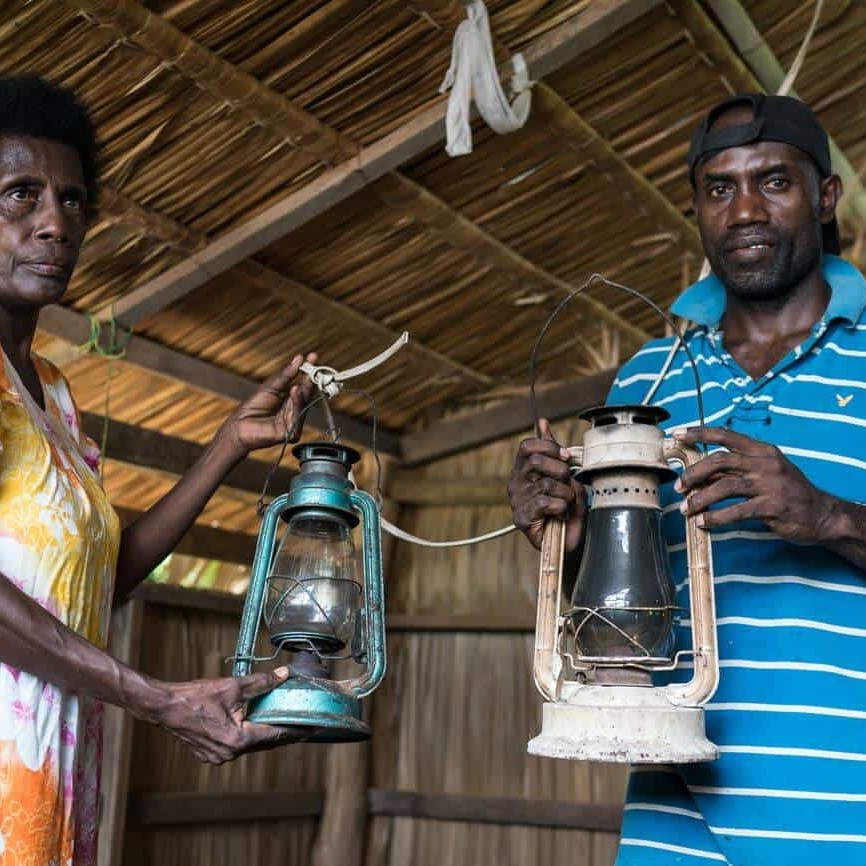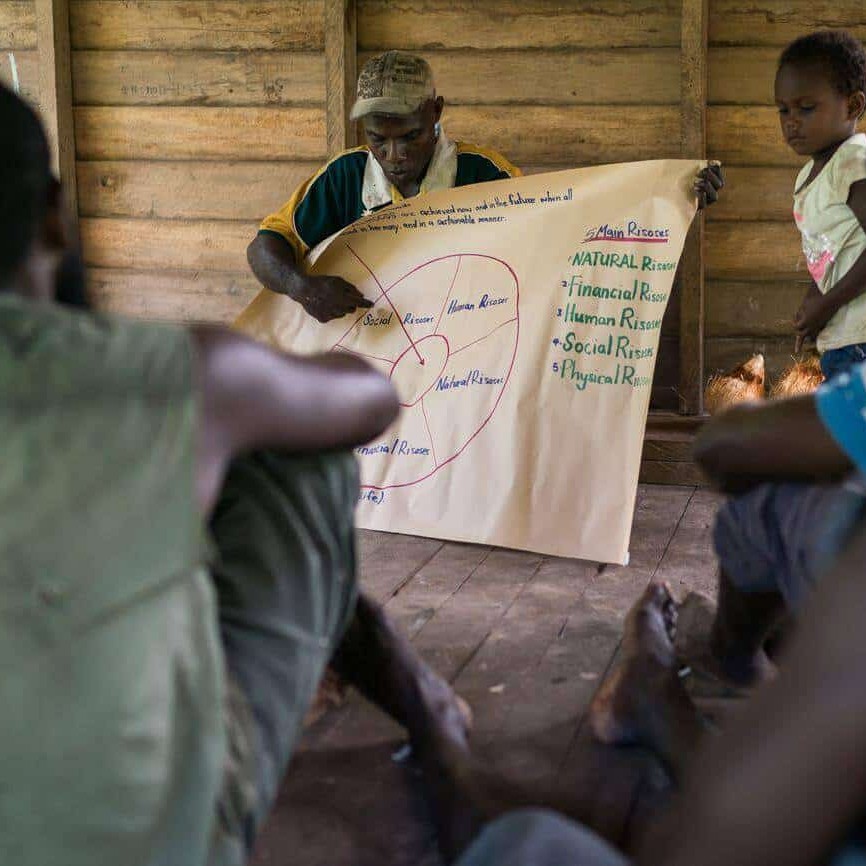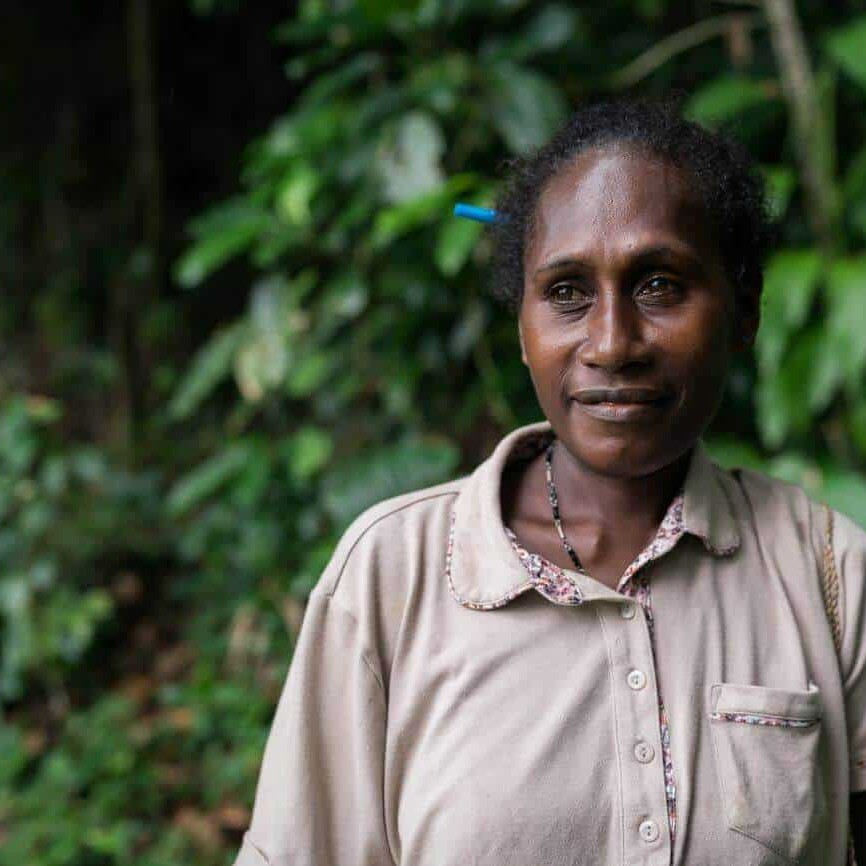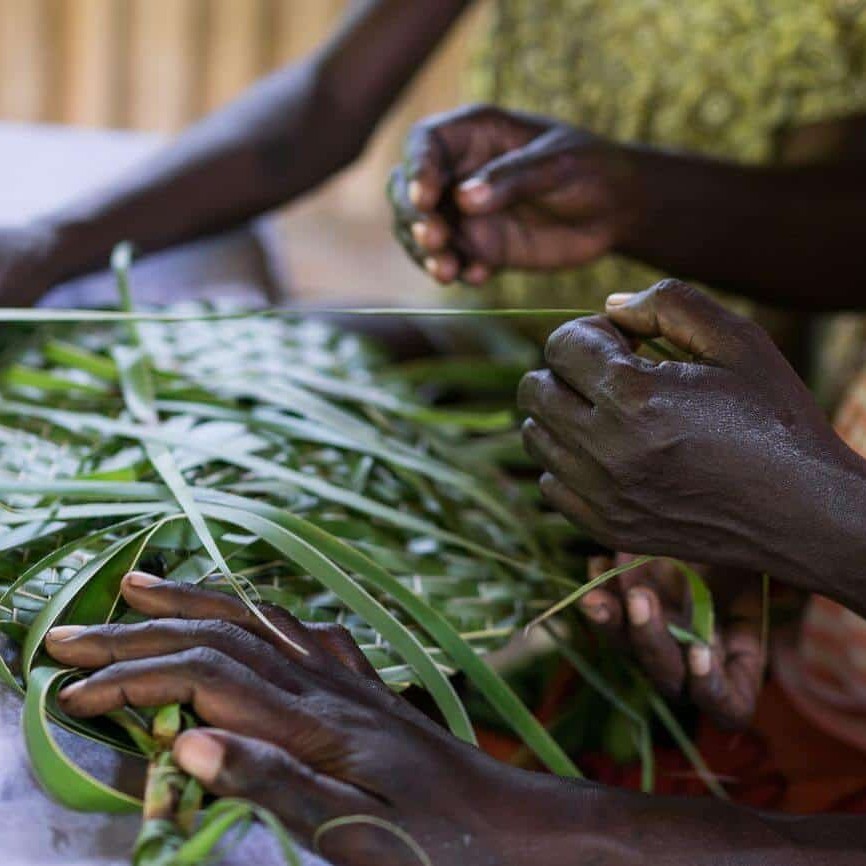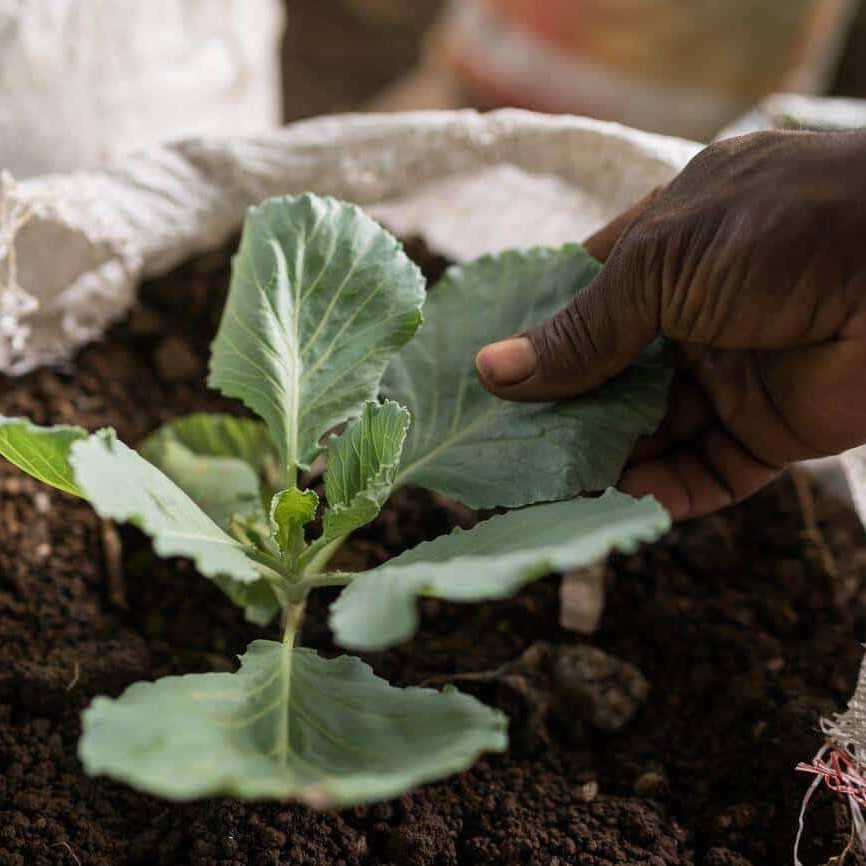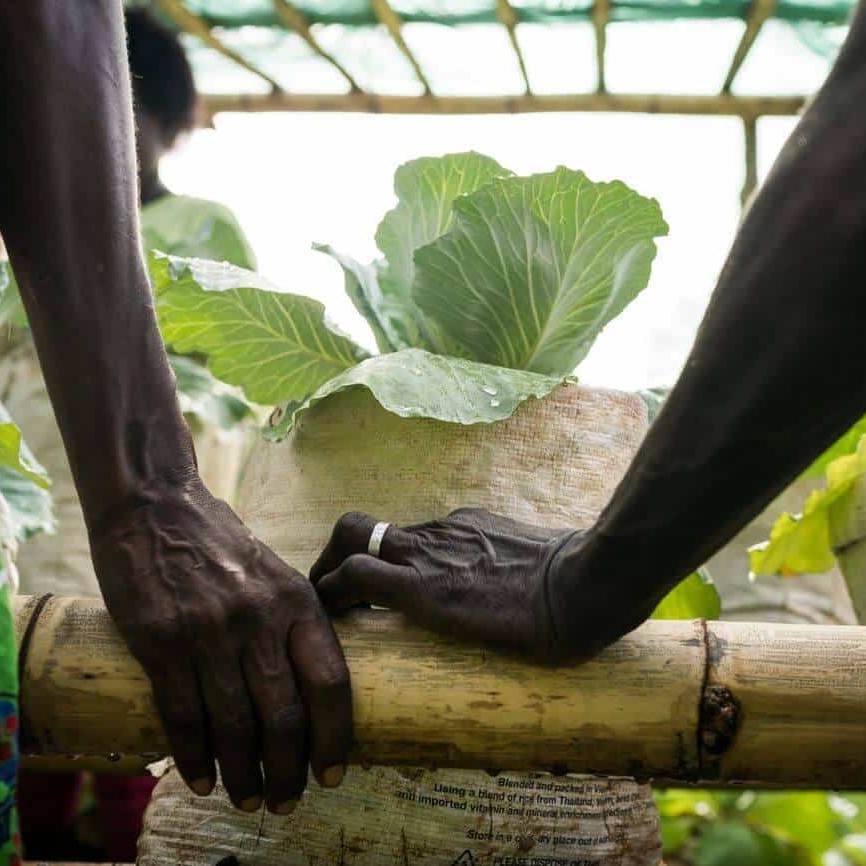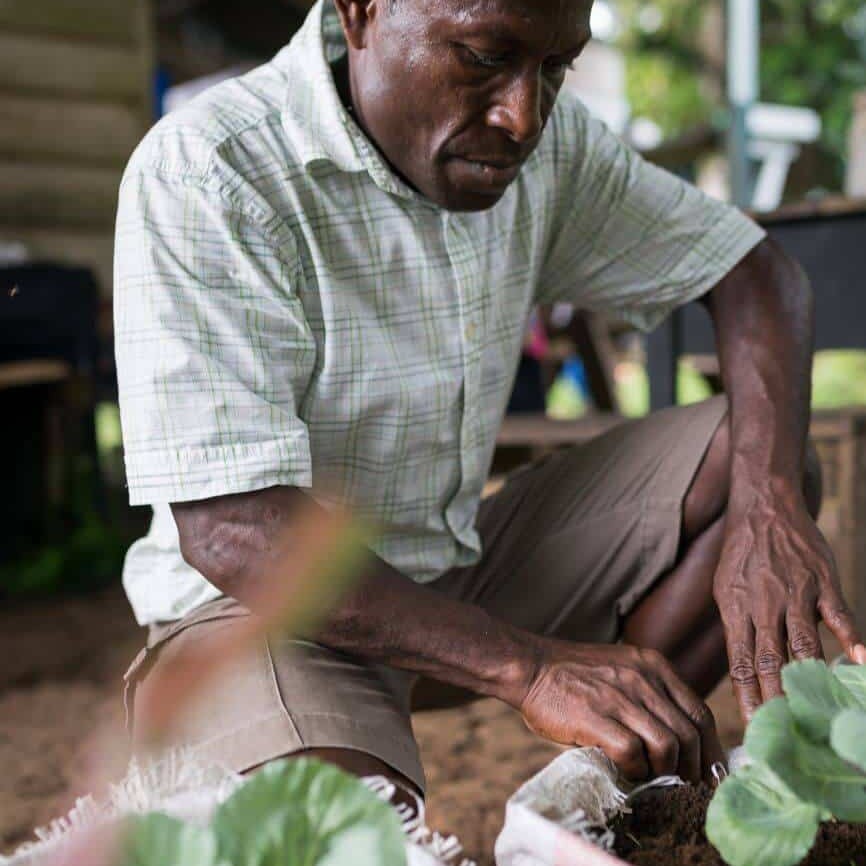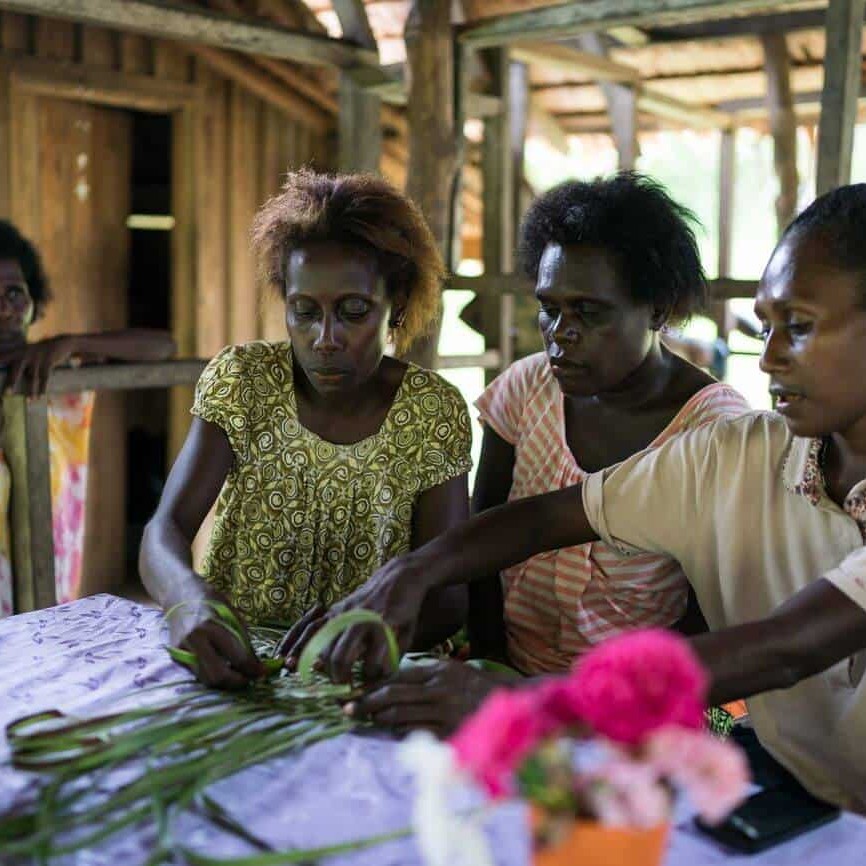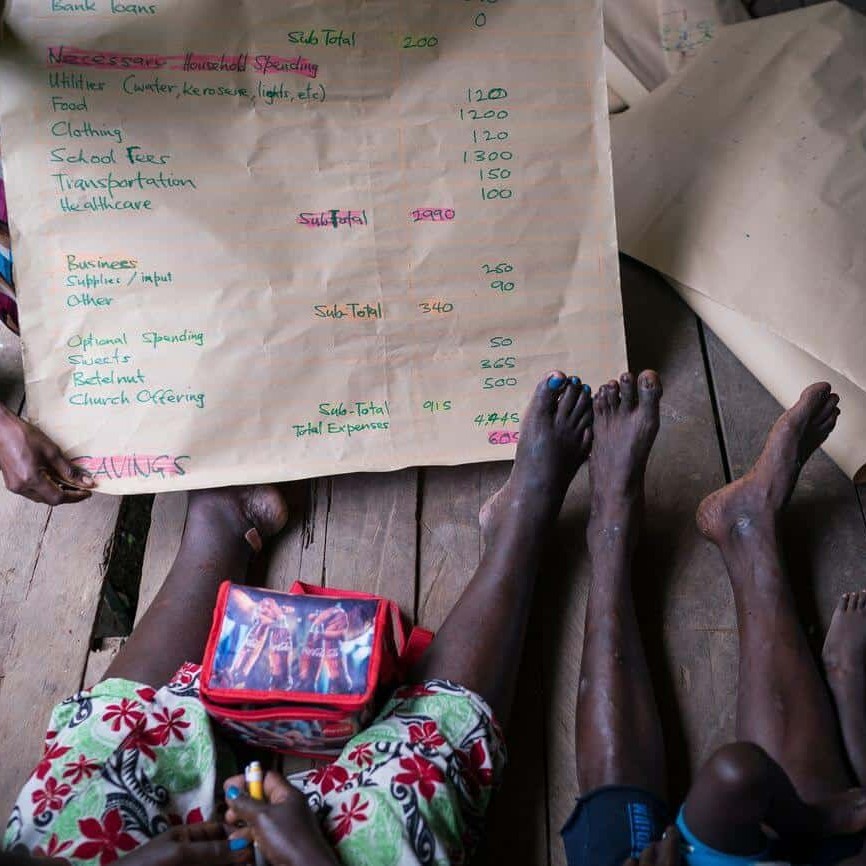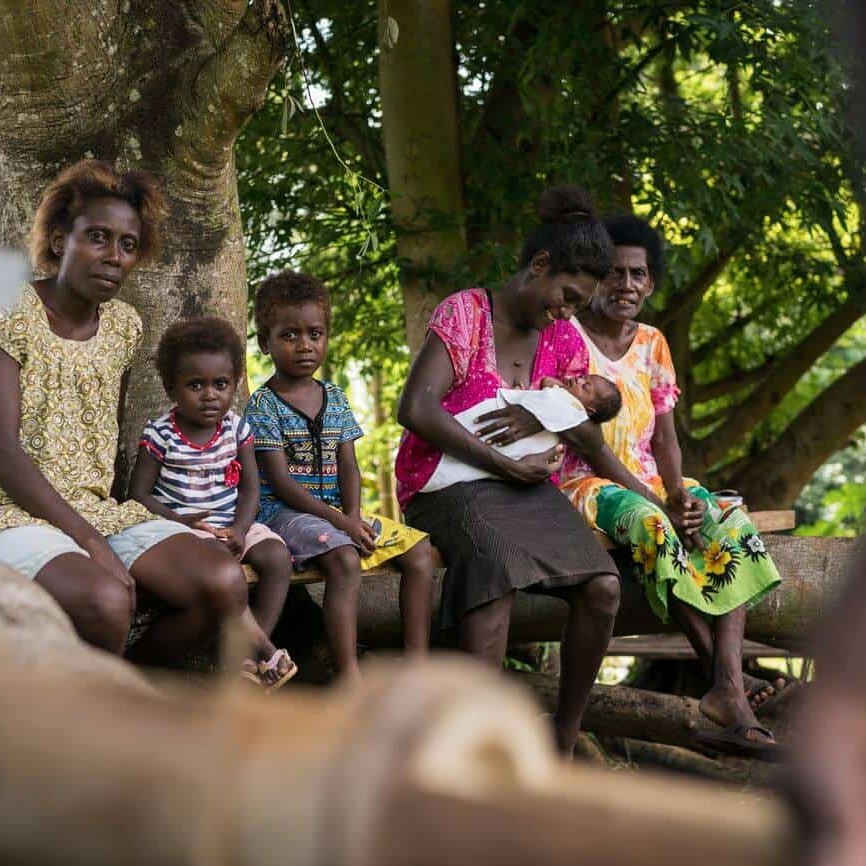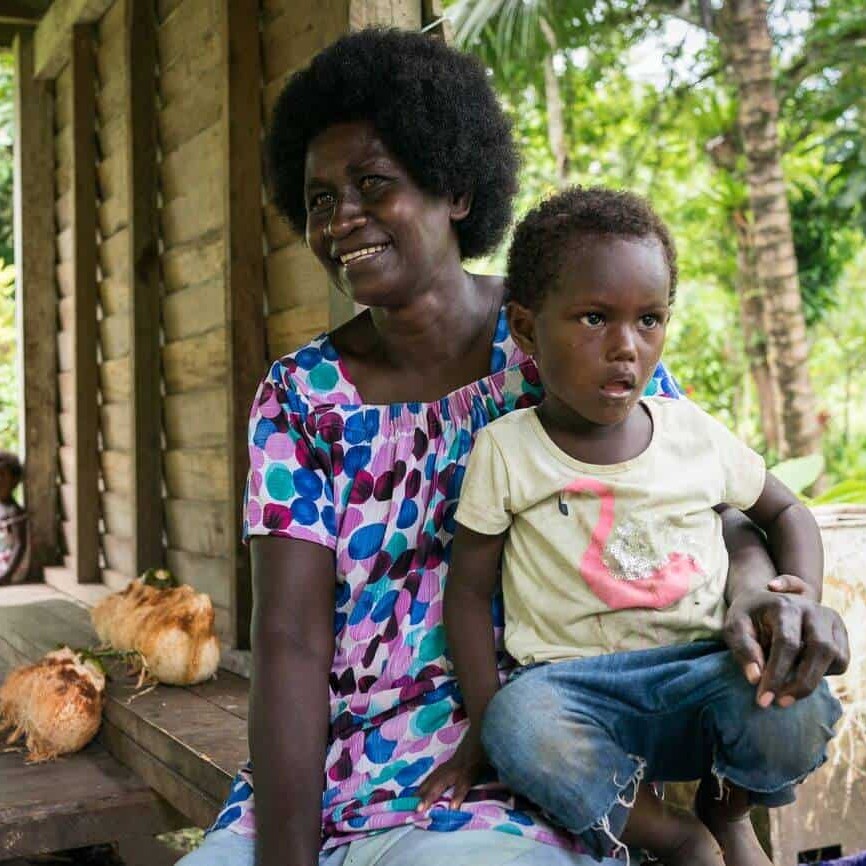This project aimed to enhance the economic development of PNG women smallholders and their families. Most women farmers hope to improve their family livelihoods, but very few have the necessary agricultural and business acumen. Women smallholder farmers in Papua New Guinea grow essential subsistence crops while caring for their families. They are key to agricultural livelihoods, but face significant constraints. Many are educationally disadvantaged because they have not completed school and their access to training or extension services is limited.
A previous ACIAR project (ASEM/2010/052) demonstrated that a whole of family approach to farmer learning enabled farming families to work more equitably and effectively and improved their livelihoods. This project sought to understand the effectiveness of the approach at scale and across a broader range of commodities and geographies.
Project Code: ASEM/2014/095
Commissioned Organisation: University of Canberra
Project Leader: Barbara Pamphilon
Collaborating Institutions:
- Baptist Union of PNG
- Bougainville Women’s Federation
- Fresh Produce Development Agency (FPDA)
- National Agriculture Research Institute (NARI)
- New Ireland Department of Agriculture and Livestock
- Oxfam
- Pacific Adventist University
- University of Canberra
- University of Technology
Project Budget: $3 million
Project Duration: July 2015 – December 2018 (extended from July 2018)
Research Program Manager: Dr Jayne Curnow
- To examine the capacity development of women as community-based agricultural leaders
- To explore ways in which communities can develop partnerships with the private sector, schools and training providers that are relevant to the local context and culture
- To further develop the peer education model of agricultural extension
- To examine the uptake and impact of a family team approach to farming for women and girls


